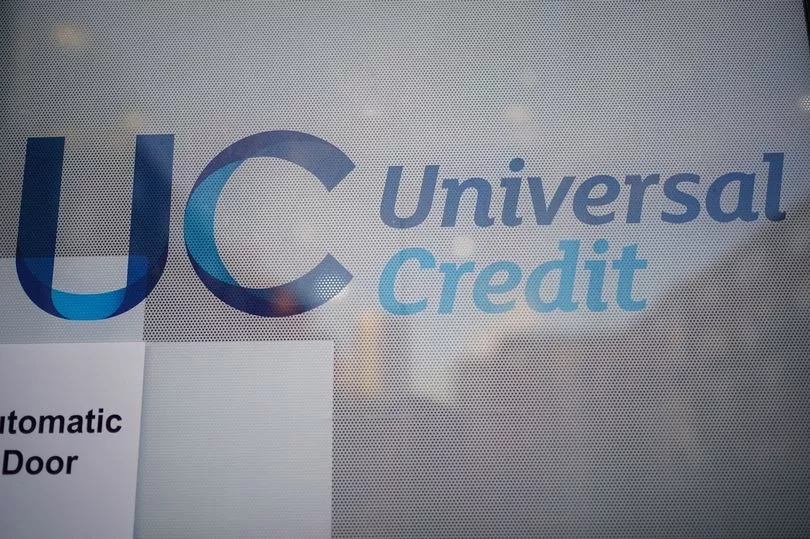The bustling town of Aylesbury is bracing itself for significant travel disruptions as a crucial thoroughfare into the town is […]
The Department for Work and Pensions (DWP) has recently made a crucial announcement that is set to impact a significant number of benefit claimants across the United Kingdom. By publishing a comprehensive list of individuals exempt from transitioning to Universal Credit, the DWP aims to clarify who will remain on older "legacy" benefits. This move comes amidst ongoing reforms to streamline the country's welfare system.
Introduction to Universal Credit and Legacy Benefits
Universal Credit, introduced in 2013, was designed to replace a combination of six different benefits: Income Support, Income-Based Jobseeker's Allowance (JSA), Income-Related Employment and Support Allowance (ESA), Housing Benefit, Working Tax Credit, and Child Tax Credit. Despite its goal to simplify the benefits system and make it more efficient, the transition to Universal Credit has been fraught with challenges and criticisms.
In light of these concerns, the DWP has provided a detailed list specifying who will not be required to move from their current legacy benefits to Universal Credit. This development comes as a relief to many claimants who have expressed apprehension over the shift.
Who is Exempt from Transitioning to Universal Credit?

Source: https://www.cambridge-news.co.uk/news/cost-of-living/dwp-publishes-list-people-who-29475368
According to the list published by the DWP, the following groups of people will not be mandated to transition to Universal Credit:
1. **Pensioners:** Individuals of state pension age will remain on Pension Credit rather than moving to Universal Credit.
2. **Severe Disability Premium (SDP) Recipients:** Those receiving the Severe Disability Premium under legacy benefits will continue their existing arrangements.
3. **Terminally Ill Individuals:** Persons with a terminal illness, defined as having a life expectancy of six months or less, are exempt from the move.
4. **Certain Carers:** Some carers, particularly those receiving Carer’s Allowance or elements of it within legacy benefits, will also not be required to transition.
5. **People in Temporary Accommodation:** Recipients of housing benefits who currently reside in temporary or supported accommodation will maintain their current benefits.
Implications of Staying on Legacy Benefits
Remaining on legacy benefits means that these individuals will not experience the potential disruptions and administrative burdens associated with moving to Universal Credit. However, it also implies that they will not benefit from the integrated and, in some cases, higher payments that Universal Credit promises.
Claimants remaining on legacy benefits are advised to stay informed about any further announcements or changes in policy that may affect their status. It is also recommended that they seek advice from the DWP or other supportive agencies to understand fully their rights and options.
Conclusion
The DWP's decision to publish a list of those exempt from claiming Universal Credit provides much-needed clarity during a period of significant change within the UK’s welfare system. While the comprehensive rollout of Universal Credit continues to be a point of contention, protecting vulnerable groups from the mandatory transition is a step towards addressing some of these concerns.
As this process unfolds, it is essential for claimants to remain vigilant and well-informed, ensuring they receive the full support to which they are entitled. The DWP’s publication serves as an essential resource in navigating these complex changes.
